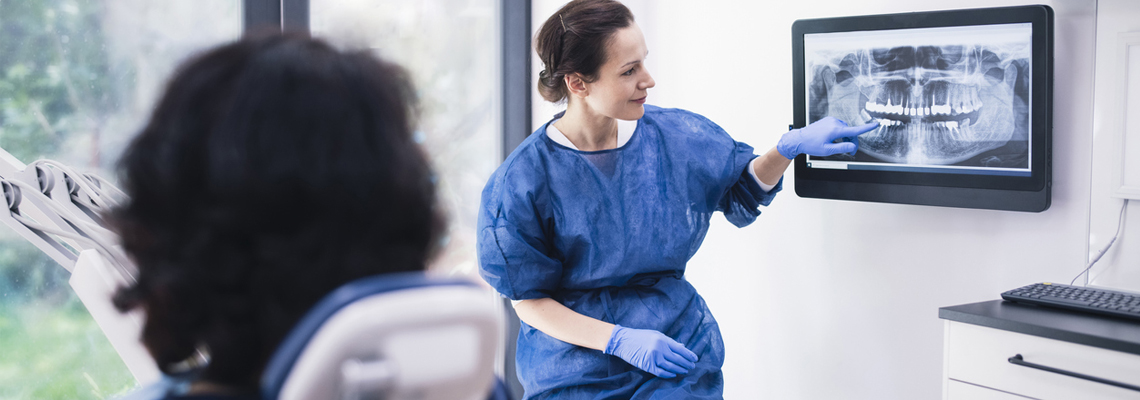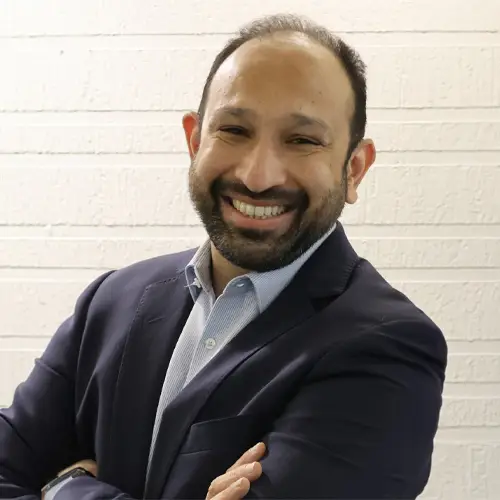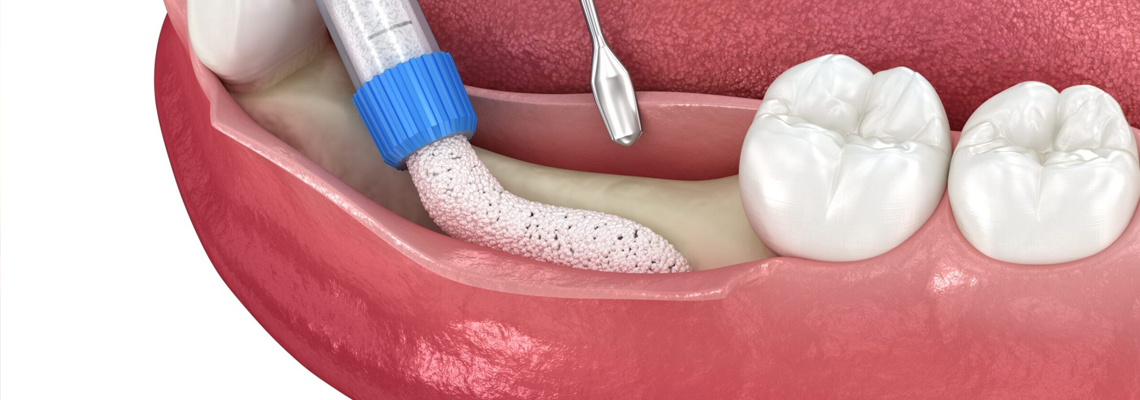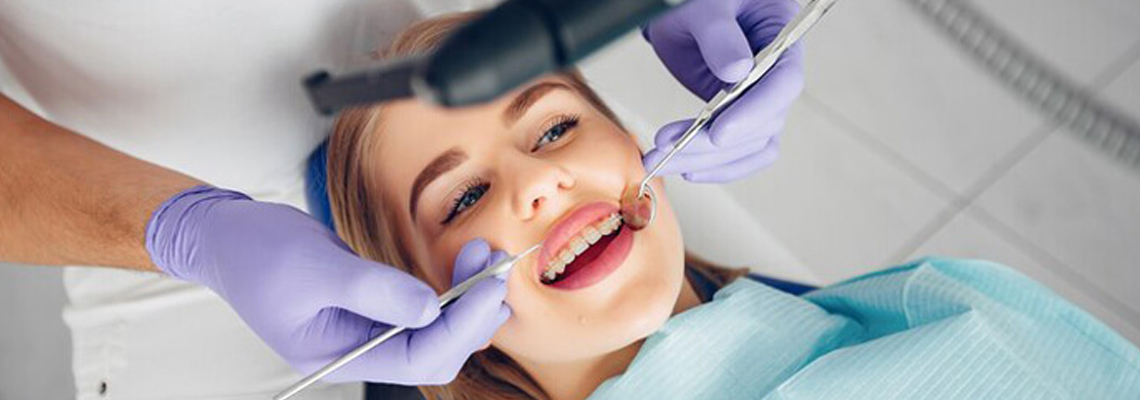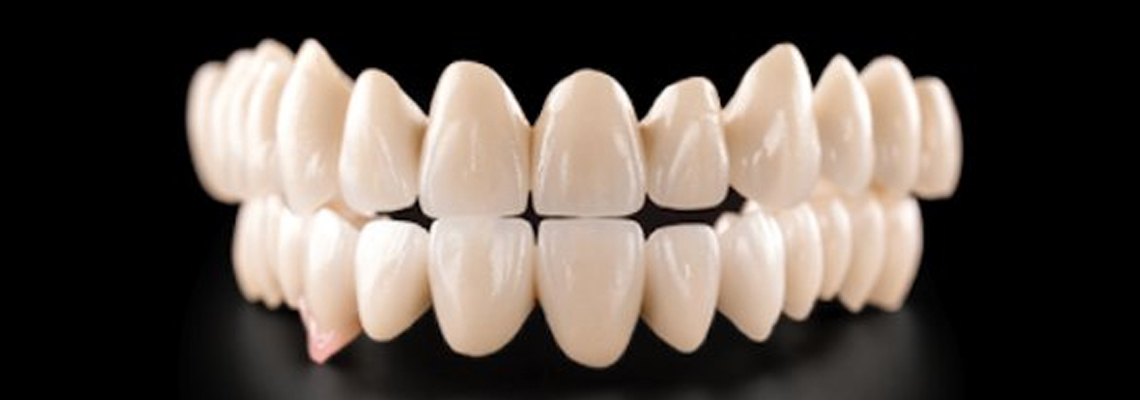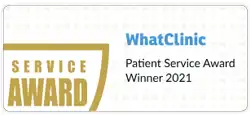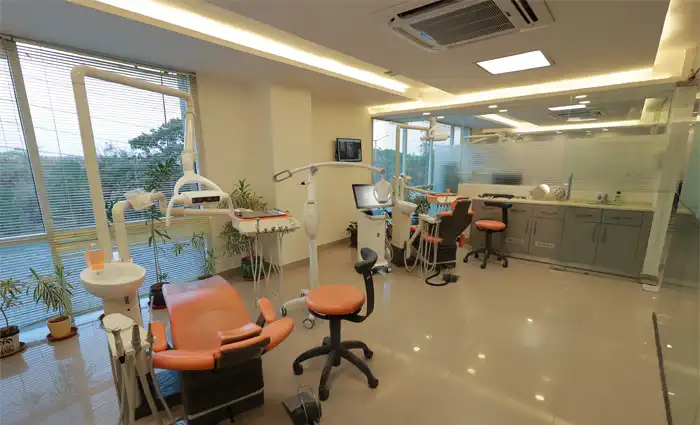About 50,000 people in the United States get oral cancer every year. And only about half of the people with the disease will still be alive in five years. But things don’t have to be like this.
Cancer of the mouth can be stopped. And if it is found early, it can be treated. To protect yourself from oral cancer, all you have to do is learn about it and take simple steps to avoid it, and find it early if it does happen.
Oral Cancer Risk Factors
- If you smoke pipes, cigars, or cigarettes, you are six times more likely to get mouth cancer than someone who doesn’t smoke.
- If you use chewing tobacco, dip, or snuff, you are 50 times more likely to get cancer in your gums, cheeks, or the lining of your lips.
- People who drink alcohol are about six times more likely to get mouth cancer than people who don’t drink alcohol. When you use both alcohol and tobacco, your risk goes up even more.
- Cancer can be passed down through genes.
- UV rays from the sun can cause lip cancer, especially if you get too much of them at a young age.
- Certain strains of HPV, a virus that affects most sexually active people, are risk factors for certain types of oral cancer, such as oropharyngeal squamous cell carcinoma (OSCC.)
- Men are twice as likely as women to get oral cancer. This may be because men smoke and drink more than women do, which may be a lifestyle factor.
- Oral cancers can take years to develop, so most people don’t find out they have it until they are over 55. However, because of HPV, more and more young men are also getting oral cancer.
- Studies have found a link between oral cancer and not getting enough fruits and vegetables in your diet.
Treatment for Oral Cancer
Your dentist will come up with the best treatment plan for you based on things like:
- How old are you?
- Your health in general and your medical history
- Size, location, and spread of cancer
- Your ability to handle different procedures and medicines
- What the dentist thinks will happen with the disease
- What do you like
Preventing Oral Cancers
Based on what scientists know now, oral cancers start when your cellular DNA in your mouth gets damaged. But there are some things you can do and ways you can live that can make you more likely to get it.
To stay away from mouth cancer:
- Don’t smoke or use any kind of smokeless tobacco.
- If you drink alcohol, do it in moderation and never get drunk all at once.
- Eat a healthy, well-balanced diet that is full of fresh fruits and vegetables.
- Limit your time in the sun and put sunblock on your skin, including your lips, that blocks UV-A and UV-B rays when you do go out.
Self-Screening for Oral Cancer
If you want to find mouth cancer as soon as possible if it does happen, you should do a self-exam at least once a month. Use a mirror and a bright light to look at your lips and the front of your gums. You can also use your fingers to feel these areas. Look for changes in color and bumps. Then, tilt your head back and look at the roof of your mouth. Feel it again with your fingers. Next, pull out your cheeks so you can look at the inside of your mouth, including the inside of your cheeks and the back of your gums. Pull your tongue out and look at every side, top, and bottom. Also, look at the floor of your mouth. Learn about the back of your throat. Look for lumps or growths around your neck on both sides and under your lower jaw. If you notice anything strange or different, you should call your dentist right away. This includes any changes in the way your mouth looks and any other signs or symptoms of mouth cancer.
Your Dentist’s Role
Your dentist is the best person to help you prevent, find, and treat oral cancer. So, make sure you go to the dentist often for checkups and tests for oral cancer. Even if you give yourself a self-exam once a month, your dentist can find problems you might miss.
Questions for Your Dentist
Your dentist should tell you what to expect after treatment for oral or mouth cancer, especially in terms of how it will affect your daily life. During these conversations, here are some great questions to ask your dentist:
- How is oral cancer different from pre-cancerous oral cancer?
- Is your condition long-term or short-term?
- What could have led to the cancer in your mouth?
- What kinds of tests might you need, and what do they do?
- What’s the best thing for you to do?
- What other options are there besides the first thing the dentist suggests?
- If you need surgery, will you need more surgery to fix things up?
- Should you go to a specialist? If so, how much will it cost? Will your insurance cover it?
- What can you do to feel better?
- Can you change anything about the way you live to help with your treatment and get better?
What to Expect if You Have Oral Cancer
Like most cancers, oral cancers need to be found and treated early to have the best chance of being treated and getting better. If oral cancer isn’t found and treated early enough, it could spread and become life-threatening.
If you notice changes in the way your mouth looks or feels, you should tell your dentist. Keep oral cancer from happening.
Are You Looking For Dental Implants
Click on the links below to learn more about the approximately $50,000 savings option for Dr. Motiwala’s packages.
- Full mouth dental implants & Cost of Treatment
- Smile Makeover & Cost of Treatment
- Watch 100’s of Testimonials from our International Patients
Make An Appointment!
Please contact us if you have dental difficulties or are interested to know about dental implants and how they might improve your smile. Dr. Motiwala Dental Clinic & Implant Center may be reached at +91 99596 14584. You can also Contact Us by clicking the banner below.



